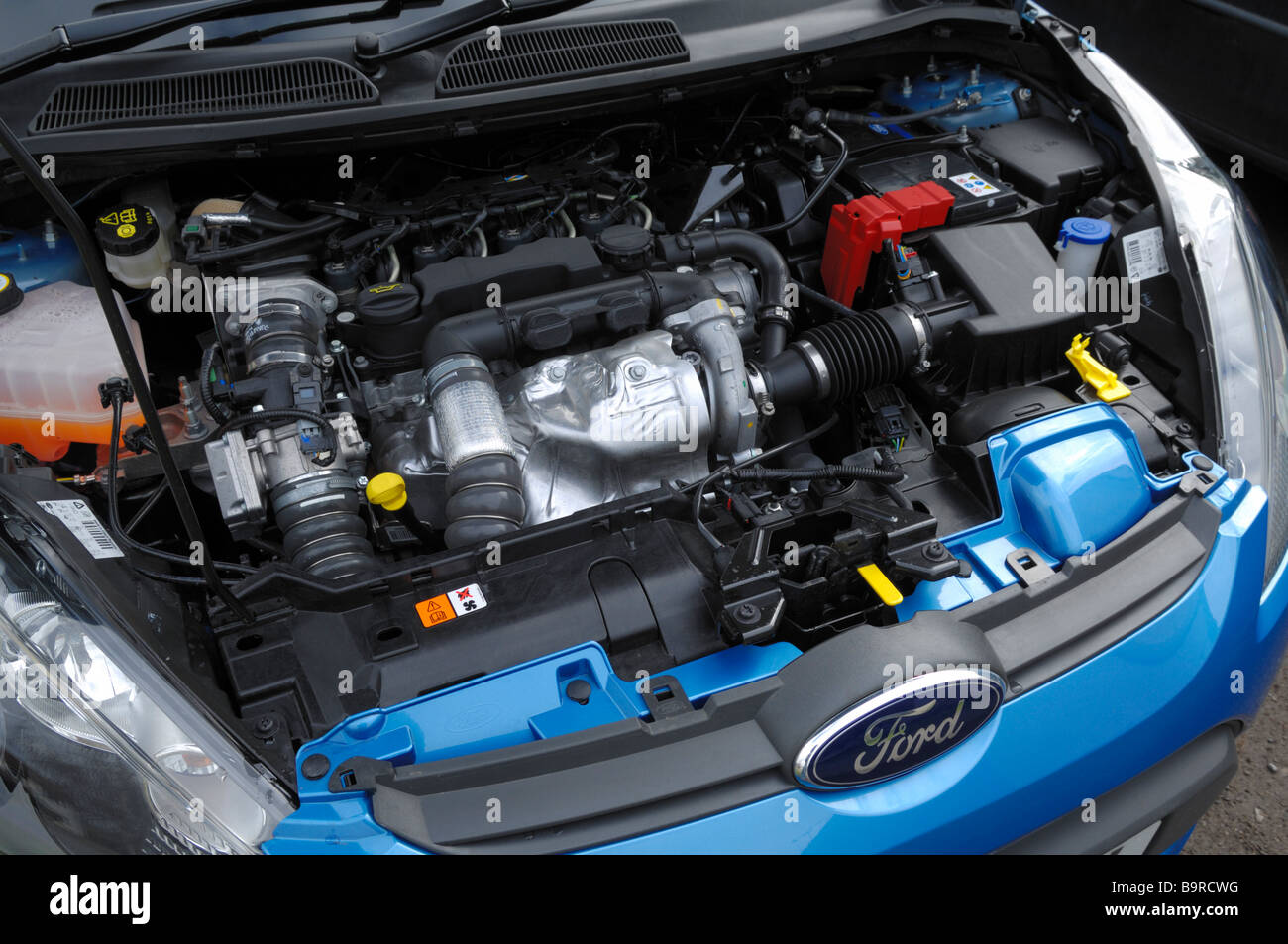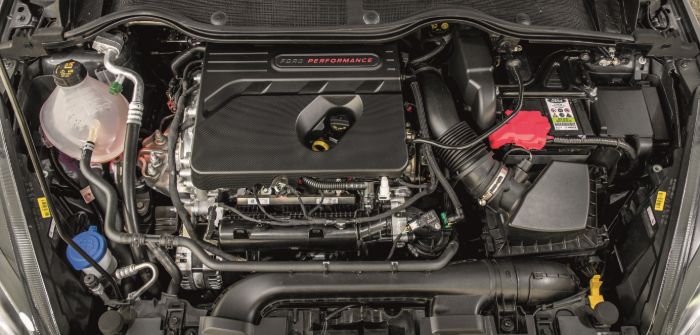The Future of Engines: Technologies Driving Lasting Power Solutions
As the automobile market browses the crucial transition towards sustainability, the future of engines is progressively specified by groundbreaking innovations. Electric engine improvements, along with promising advancements in hydrogen fuel cells and biofuels, are improving the landscape of power remedies.
Electric Engine Developments
The advancement of electrical engine advancements symbolizes a critical change in the automobile and aerospace sectors, driven by the urgent demand for lasting alternatives to fossil fuels. This transition is characterized by significant developments in battery innovation, power electronics, and electric motor layout, which jointly boost the performance and efficiency of electric engines.
Recent developments have resulted in the development of lighter, a lot more energy-dense batteries, such as lithium-silicon and solid-state batteries, which assure longer arrays and shorter charging times. In addition, renovations in electric motor efficiency, such as using irreversible magnets and progressed cooling systems, enable electrical engines to run successfully under varying conditions. These enhancements not only improve car efficiency but likewise contribute to a decrease in overall energy consumption.
Moreover, the assimilation of innovative software formulas has actually optimized energy administration in electric cars, permitting for regenerative stopping and anticipating charging techniques. As manufacturers progressively welcome electrical propulsion, the automobile and aerospace fields are seeing a standard shift in the direction of greener innovations. This evolution not just fulfills regulative needs however additionally lines up with customer choices for ecologically friendly transportation solutions, strengthening electrical engines as a foundation of future lasting movement.
Advancements in Biofuels
As the aerospace and vehicle sectors significantly focus on lasting power resources, improvements in biofuels become a complementary solution to electric engines. Biofuels, obtained from natural materials such as crops, waste, and algae, provide a cutting-edge avenue for minimizing greenhouse gas exhausts and dependence on nonrenewable fuel sources.
Current study has focused on boosting the efficiency and sustainability of biofuel production. Second-generation biofuels use non-food feedstocks, decreasing competition with food supply and decreasing environmental influence. Innovations in synthetic biology have actually enabled the engineering of microbes to generate biofuels much more successfully, leading to greater returns and reduced manufacturing expenses.
Furthermore, the advancement of drop-in biofuels enables seamless combination into existing infrastructure, enabling a smoother change for sectors commonly depending on nonrenewable fuel sources. ford fiesta engine. These fuels can be utilized in current engines without adjustments, promoting their adoption across numerous fields
Investments in biofuel modern technology, along with supportive plans, are crucial to drive technology and scalability. As the international neighborhood seeks to combat climate adjustment, biofuels use a pragmatic, instant service that straightens with the overarching objective of sustainability in transportation and aeronautics.
Hydrogen Fuel Cell Technology
An expanding number of companies and scientists are checking out hydrogen fuel cell modern technology as a feasible alternative to conventional source of power in transport and power systems. This innovation converts chemical energy from hydrogen right into electrical power through an electrochemical reaction, with water as the only byproduct, making it an eco-friendly option.
The core of hydrogen fuel cells is the fuel cell stack, where hydrogen molecules are split into protons and electrons. The this post circulation of electrons produces power, while protons relocate through a membrane layer to incorporate with oxygen from the air, creating water. This procedure leads to high efficiency and reduced exhausts, placing hydrogen fuel cells as a vital player in the change to lasting energy.
Substantial improvements have been made in boosting the durability and performance of gas cells, alongside reducing costs via ingenious manufacturing techniques. The growth of hydrogen manufacturing methods, such as electrolysis powered by sustainable power resources, enhances the sustainability of the overall system. As facilities for hydrogen refueling expands and manufacturing approaches come to be more effective, hydrogen fuel cell modern technology holds terrific assurance for decarbonizing various industries, consisting of heavy-duty transportation and fixed power generation.
Hybrid Solutions and Their Effect
Hybrid systems represent a significant development in lasting engine technology, combining typical inner burning engines with electric propulsion to optimize power effectiveness and minimize discharges (ford fiesta engine). This double approach allows vehicles to utilize both power sources, allowing higher flexibility in energy intake and minimizing reliance on nonrenewable fuel sources

Along with ecological advantages, hybrid systems use consumers a practical transition in the direction of totally electrical automobiles. They relieve variety anxiety by combining the convenience of gasoline with the benefits of electric propulsion, making them an attractive alternative for a broader target market. As makers buy hybrid modern technology, the advancement of advanced battery systems and light-weight materials proceeds to enhance efficiency. Generally, hybrid systems stand for an essential step in the direction of accomplishing sustainable transport go to my blog and resolving the urgent demand for ecologically friendly power solutions.
The Function of AI in Engine Layout
Leveraging advanced formulas and artificial intelligence techniques, the vehicle sector is increasingly incorporating fabricated intelligence (AI) right into engine design processes. AI improves the performance and effectiveness of design by examining vast datasets to identify ideal arrangements and efficiency specifications. This capacity allows engineers to mimic different operating problems and predict engine habits under several circumstances, significantly decreasing the moment and cost associated with conventional prototyping techniques.
Moreover, AI facilitates the growth of sophisticated materials and combustion processes customized for sustainability. By enhancing gas effectiveness and reducing exhausts, AI-driven designs align with worldwide efforts targeted at minimizing the carbon footprint of automobile engines. Maker discovering algorithms can likewise anticipate maintenance needs, resulting in boosted integrity and long life of engine elements.
Additionally, AI contributes in the combination of electrification innovations, such as crossbreed systems, where it can maximize battery administration and energy recovery procedures. As the sector relocates in the direction of more sustainable power solutions, the function of AI in engine design comes to be progressively important, driving development and enhancing the efficiency of future engines. Eventually, the partnership between AI and engine layout advertises a new period of smarter, cleaner, and more reliable vehicle innovations.

Verdict
In verdict, the This Site future of engines is being shaped by a merging of cutting-edge technologies that prioritize sustainability. Electric engine improvements, biofuel advancements, hydrogen fuel cells, and hybrid systems collectively contribute to a considerable reduction in emissions and ecological influence.
Electric engine improvements, along with encouraging growths in hydrogen gas cells and biofuels, are reshaping the landscape of power services. Additionally, enhancements in electric motor performance, such as the usage of long-term magnets and advanced cooling down systems, make it possible for electrical engines to operate successfully under varying problems. By optimizing gas performance and decreasing discharges, AI-driven designs straighten with international campaigns intended at decreasing the carbon impact of vehicle engines. As the market moves towards even more sustainable power solutions, the duty of AI in engine style becomes progressively important, driving innovation and improving the performance of future engines. Electric engine advancements, biofuel advancements, hydrogen gas cells, and hybrid systems jointly contribute to a substantial reduction in exhausts and environmental impact.